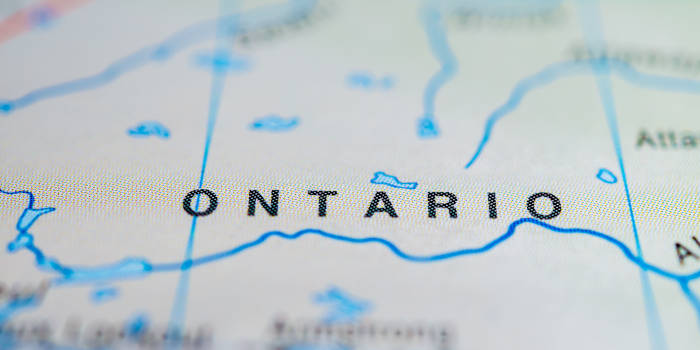Tribal Casino Fight in Texas Gets Backing by the Justice Department

Texas has long been opposed to gambling and doesn’t want it in the state in any form, unless it produces massive amounts of money for the government, such as what is found through lottery options. Bingo and social poker clubs are acceptable, although some lawmakers would like to have them eliminated, as well. Not even federally-protected Native Indian tribes are allowed to operate casinos on their own land, except for the Kickapoo Tribe, which found a loophole it could exploit. The state’s two other tribes have continuously had their hands tied, but that could change soon. The Supreme Court might finally take up a decades-long fight to settle the matter once and for all.
Justice Department Calls on the Supreme Court
In a convoluted mess of legal wrangling, two Texas tribes, the Tigua and the Alabama-Coushatta of East Texas, were left out of the Indian Gaming Regulatory Act of 1988 (IGRA) because of another law, the Restoration Act of 1987, which specifically prohibited them from operating casino games other than bingo – the Kickapoo tribe wasn’t included. The Tigua, also known as the Ysleta del Sur Pueblo, and the Alabama-Coushatta have tried to get Texas to back off since then, but have never had any success.
In 1993, the tribes started their long legal fight with the state and, a year later, the 5th Circuit Court of Appeals sided with Texas in what is now referred to as the Ysleta I decision after the Tigua tribe. The battle didn’t stop there, however, and several more attempts have been made to convince state and federal bodies to overturn the ruling. Now, after the Supreme Court has refused twice requests to hear the case, the Justice Department is hoping it can use its weight to get the justices to reconsider, according to media outlet El Paso Matters.
Brian Fletcher, the agency’s acting solicitor general, and other Justice Department lawyers submitted a letter late last month to the Supreme Court in an effort to have the high court get involved. They said in the letter, referring to the omission of the two tribes from legal protection through the IGRA, “That error has impaired the uniformity of a federal regulatory scheme, has uniquely disadvantaged two Indian tribes, and has generated repeated litigation and substantial confusion for nearly three decades.”
Supreme Court Reportedly Open to Supporting the Tribes
Tribal gaming is big business in the US, but it is also one of the primary sources of revenue for the people. While other Native Indian tribes around the country have been able to rake in millions of dollars annually, the Tigua and the Alabama-Coushatta of East Texas have been handicapped by the state. They have been offering Class II gaming on a limited basis, but have also had to shut down from time to time due to the legal fights. The Justice Department hopes that the Supreme Court will finally allow the tribes to enjoy the same rights as hundreds of other tribes in the country.
Despite having refused to hear appeals by the tribes previously, the Supreme Court seems to be a little more open to the topic now. It asked the Department of Justice earlier this year for its opinion on whether to hear the case, prompting Fletcher’s input. According to Todd Curry, a political science professor at the University of Texas at El Paso and an expert in indigenous affairs, the Supreme Court justices might be more willing to support the tribes than they were before.
The justices could potentially hear the dispute later this year and, according to Curry, could rule in favor of the tribes. This won’t make Texas lawmakers happy and won’t bring the fight to an end, but it’s a step in the right direction. According to Curry, “Regarding the merits, I can count four votes easily for Ysleta del Sur (the court’s three more liberal members and Justice Neil Gorsuch). Among the other five justices, none truly have strong preferences on Indigenous law issues, so I suspect at least one of them will be convinced by either the solicitor general or Gorsuch and that is the ball game.”
Erik brings his unique writing talents and storytelling flare to cover a wide range of gambling topics. He has written for a number of industry-related publications over the years, providing insight into the constantly evolving world of gaming. A huge sports fan, he especially enjoys football and anything related to sports gambling. Erik is particularly interested in seeing how sports gambling and online gaming are transforming the larger gaming ecosystem.














